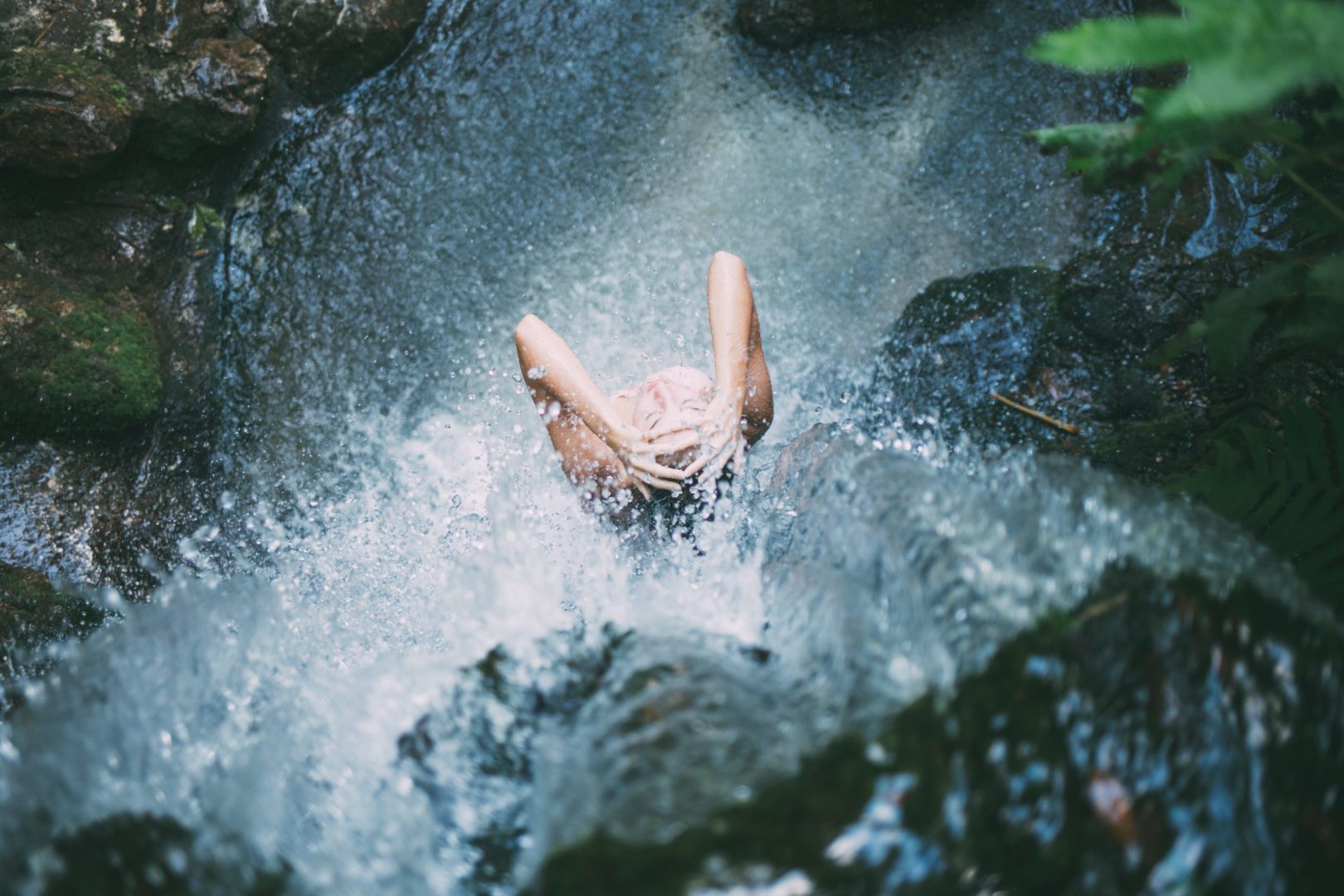Shower Filters Frequently asked Questions
Q. Why use a shower filter?
A. Great place to start, we think there are many reasons here are our top 3:
1. A shower filter will remove chlorine and will help reduce chalky build up on shower screens.
2. Your hair, scalp and skin will benefit from a chlorine free shower, chlorine = dry skin, dry hair and dry scalp.
3. Your body absorbs things through the skin …think nicotine patches or dermatological cream, you will absorb more chlorine through having a shower than by drinking a glass of tap water. Also that long hot shower that you love equals steam inhaled into your lungs containing chlorine and disinfectant by products.
Q. What is KDF?
A. KDF (Kinetic Degradation Fluxion)
KDF, is a high purity copper and zinc formulation which performs exceptionally well at high temperatures. It turns the chlorine into a benign water soluble chloride salt and binds up heavy metals such as lead and mercury through a process called redox (oxidation reduction). It also has a mild anti bacterial effect, is algaecetic and may help to remove limescale which causes the white build up on shower screens.
Q. Can a shower filter remove copper?
A. The carbon in the shower filter will remove some copper however as the flow rate required through a shower filter is around 8 Litres per minute there is no way known that any shower filter media can remove copper.
Q. How can I remove copper from the water supply?
Heating or boiling your water will not remove copper. Because some of the water evaporates during the boiling process, the copper concentrations can actually increase slightly as the water is boiled. Additionally, chlorine (bleach) disinfection will not remove copper.
If the copper in your drinking water is not from the groundwater but from your plumbing, flushing the water system before using the water for drinking or cooking is a practical option. Any time a faucet has not been used for several hours (approximately 6 or more), you can flush the system by running the water for at least 15 seconds first thing in the morning before drinking or using it. Flush each faucet individually before using the water for drinking or cooking. Water flushed from the tap can be used for watering plants, washing dishes or clothing, or cleaning. Avoid cooking with or drinking water from hot water taps, because hot water dissolves copper more readily than cold water does.
You may also wish to consider water treatment methods such as reverse osmosis, ultra-filtration, distillation, or ion exchange. Typically these methods are used to treat water at only one faucet.

